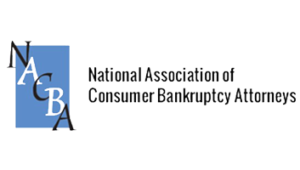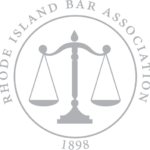Because most debtors file a Chapter 7 bankruptcy and have their debts discharged within 100 days, why would any Rhode Island debtor choose a 5 year repayment plan, better known as a Chapter 13 bankruptcy? In a few limited circumstances, here are five reasons why.
Five Reasons to Choose Chapter 13
Reason 1: You Can Force the Creditor to Become Reasonable
Outside of bankruptcy, creditors are usually unwilling to restructure the payment terms. A Chapter 13 bankruptcy, however, can force an unwilling creditor to become reasonable. In a Chapter 13 bankruptcy, you can structure non-dischargeable debts, like taxes or child support, to be repaid according to what you are able to afford. Because the Rhode Island Bankruptcy Court is supervising repayment according to the revised terms, the creditor can’t take any collection action against you outside of the bankruptcy court.
Reason 2: You Can Lower the Balance Owed If You Are “Upside-down”
Many times, you may owe more money on a house, vehicle, or other secured property than the collateral is actually worth. In a Chapter 13 bankruptcy, debtors in Rhode Island may be able to reduce the loan balance to be in line with the property’s present value. This is known as a Cram Down. If your plan is approved, you can keep the property, reduce the monthly payment, and/ or change the loan terms to make the payment more affordable.
Reason 3: You Can Catch Up On Missed Mortgage Payments/ Strip-Off A Loan
A Chapter 13 bankruptcy can help a homeowner who has fallen behind on his mortgage, or is in danger of a foreclosure action. It can force the lender to accept missed payments. It may even be possible to strip off a second or third mortgage if they are essentially unsecured.
Reason 4: You May Have Bankruptcy Removed From Your Credit Report Sooner
While most debtors who file for bankruptcy can reestablish their credit quickly, a Chapter 7 bankruptcy event can stay on your credit report for as long as ten years. A Chapter 13 bankruptcy, however, will stay on your credit report for only seven years.
Reason 5: You Can Keep Non-Exempt Property
The federal and Rhode Island bankruptcy exemption laws are pretty generous and allow protection of substantial property in a Chapter 7 bankruptcy. There are times, however, that the debtor wants to keep property that is non-exempt. If the debtor is prepared to enter a 5 year repayment plan in a Chapter 13 bankruptcy, general unsecured creditors will receive partial repayment and the debtor can keep the property in question.
As I’ve stated in other articles, most Rhode Island debtors will file a Chapter 7 bankruptcy and keep all of their property. A careful analysis must be performed, however, to see if a Chapter 13 bankruptcy is a better debt solution under special circumstances.





